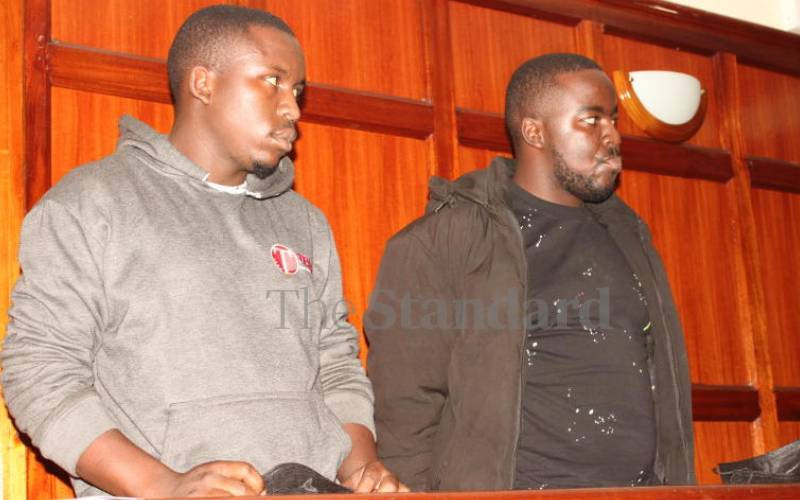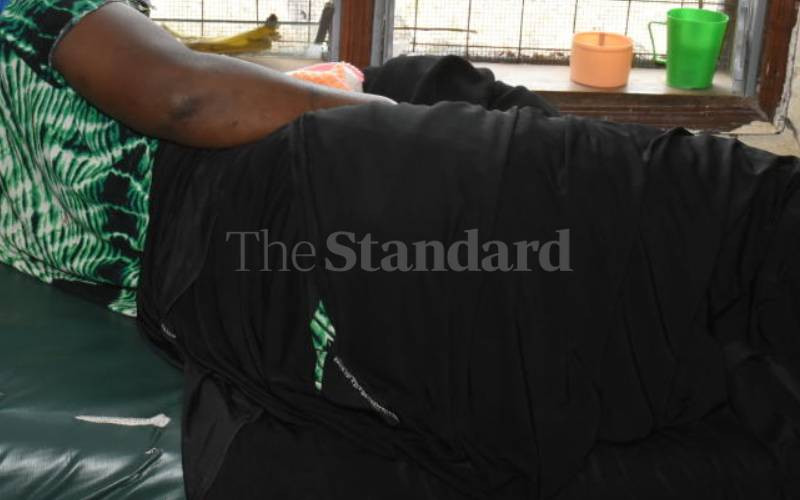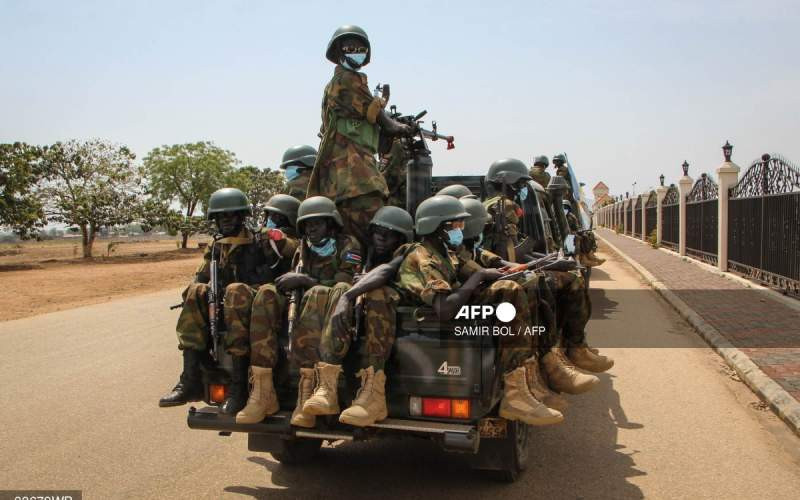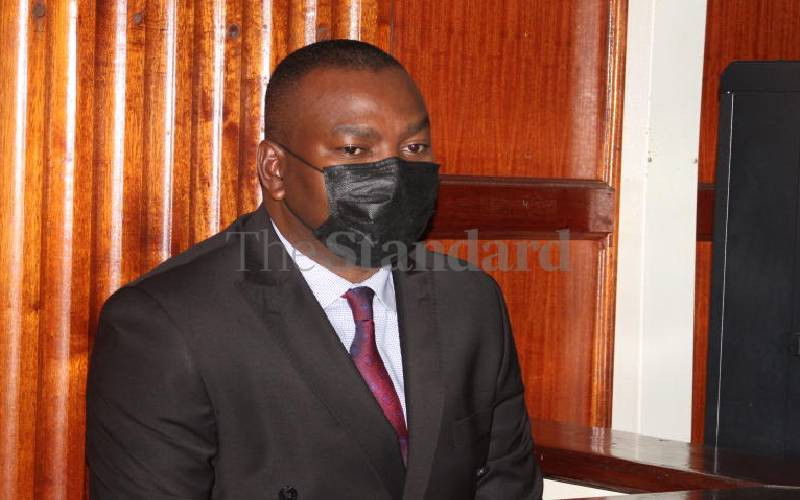Listening to some Government functionaries and leaders articulate some point of view leads to despair. Occasionally, the inanities we get bombarded with help us realise why this country is stuck in a political rut.
A televised interview in which Government Spokesman Eric Kiraithe was the sole guest Monday this week caught my attention. In his trademark style of defending the establishment, he danced around sensitive issues, then went off on a tangent when the opportunity availed itself. While it would be preposterous to expect anything that could possibly rub the establishment the wrong way from Mr Kiraithe’s mouth, negating the obvious increases the blots on the fabric of the government he speaks for.
Particularly appalling was his response to a question as to why police officers, one of them identified as an Officer Commanding a Police Division (OCPD), were stoning motorists on Friday last week. Unbelievably, Kiraithe defended the officers, perfunctorily promising the Government would investigate the circumstances leading to the incident, and in the process, appeared to legitimise the despicable act. Can the Government investigate its own hatchet men after a job well done? Does the Constitution, which everybody harps on to propagate a particular point of view, envisage this type of hooliganism from supposed ‘law enforcers’? The level of enlightenment among Kenyans is such that leaders should stop underestimating and insulting their intelligence.
State of denial
That Kiraithe and a horde of like-minded leaders could deny the existence of a crisis in a country that has been free- wheeling for months astounds. What constitutes a crisis? Simple dictionary definitions of a crisis are; a time of intense difficulty or danger, a time when a difficult or important decision must be made.
Alternately, it is an unstable period, especially one of extreme trouble or danger in politics and economics. Who denies that we have gone through a difficult period in which lives have been needlessly snuffed out? A period in which fear, loathing, negative ethnicity and uncertainty assailed us? A period in which thousands of people have failed to earn their daily bread because there is no guarantee for their safety? And this, all because each side of the political divide sees the other as the vampire sucking the blood of suffering Kenyans, their being in Western, Nyanza, Coast or Central Kenya notwithstanding?
For more than one week, all had been quiet on the local scene until Raila came back from a sojourn in the US, and hell broke loose.
The chatterboxes who appeared to have lost their voices and faculties suddenly rediscovered them. The venom some spewed did little to heal rifts in the country.
Right off the bat, Deputy President William Ruto, on his Twitter account, referred to Raila Odinga as the lord of poverty and violence. For one who fought so hard and long to ward off accusations of involvement in the violent 2007/2008 post-election period, a charge that landed him a date with the International Criminal Court, Ruto should be judicious with his utterances.
Cartels
The fable about Raila being the lord of poverty and violence does not fool anyone. Raila is a billionaire. The Forbes Magazine’s June 2017 rankings estimate Uhuru Kenyatta’s net worth to be Sh51 billion. It places Raila’s net worth at Sh30 billion. Ruto’s insults could therefore be directed at millions of Raila’s supporters across the country who, thanks to Government policies or lack of them thereof, wallow in poverty. Most of them have been deliberately denied the means to a decent living.
The water hyacinth menace in Lake Victoria seems to assail only the Kenyan side. This demonstrates unwillingness to promote the fishing industry that has been the mainstay of Nyanza. Instead of addressing this problem, the Government would rather allow fish imports from China. No effort has been made to revive the Kisumu Cotton Mills.
Maize and sugar cane farming have declined as farmers get disillusioned. This is because a cabal of unscrupulous businessmen has been allowed to bring in cheap maize and sugar imports.
The once vibrant sugar industries in Nyanza and Western Kenya are operating, if at all, way below capacity. Pan paper Mills in Western is still comatose. Is Ramisi Sugar factory at the Coast still existing? What about RIVATEX and the Kenya Meat Commission, among others?
Kenya is getting isolated regionally. A number of Kenyan exports have been banned in Tanzania and although President Magufuli comes across as overbearing, at least he demonstrates a determination to protect Tanzanian industries. Not so here. The question is; What responsible government presides over the death of jobs and wealth-creating companies and industries without becoming the veritable lord of poverty?
Stay informed. Subscribe to our newsletter
Mr Chagema is a correspondent at The [email protected]
 The Standard Group Plc is a
multi-media organization with investments in media platforms spanning newspaper
print operations, television, radio broadcasting, digital and online services. The
Standard Group is recognized as a leading multi-media house in Kenya with a key
influence in matters of national and international interest.
The Standard Group Plc is a
multi-media organization with investments in media platforms spanning newspaper
print operations, television, radio broadcasting, digital and online services. The
Standard Group is recognized as a leading multi-media house in Kenya with a key
influence in matters of national and international interest.
 The Standard Group Plc is a
multi-media organization with investments in media platforms spanning newspaper
print operations, television, radio broadcasting, digital and online services. The
Standard Group is recognized as a leading multi-media house in Kenya with a key
influence in matters of national and international interest.
The Standard Group Plc is a
multi-media organization with investments in media platforms spanning newspaper
print operations, television, radio broadcasting, digital and online services. The
Standard Group is recognized as a leading multi-media house in Kenya with a key
influence in matters of national and international interest.








